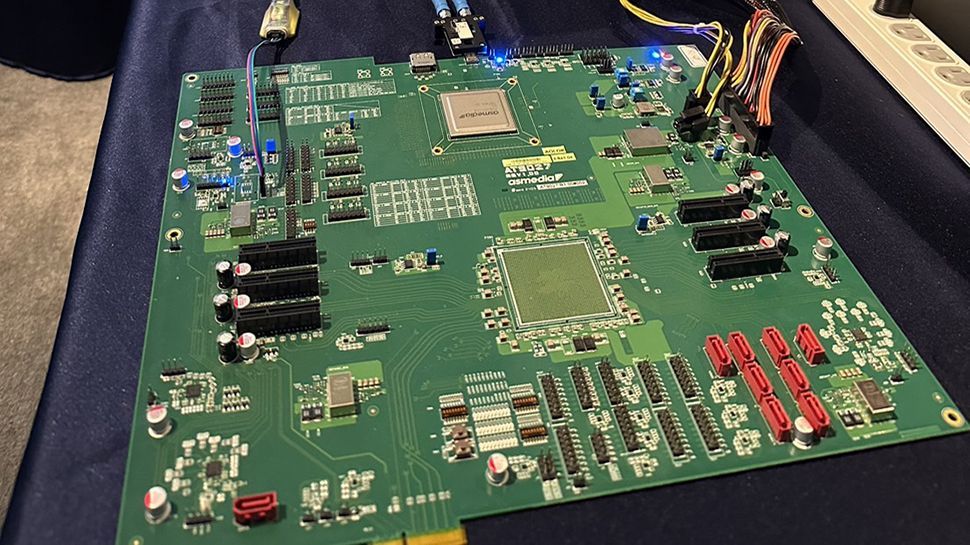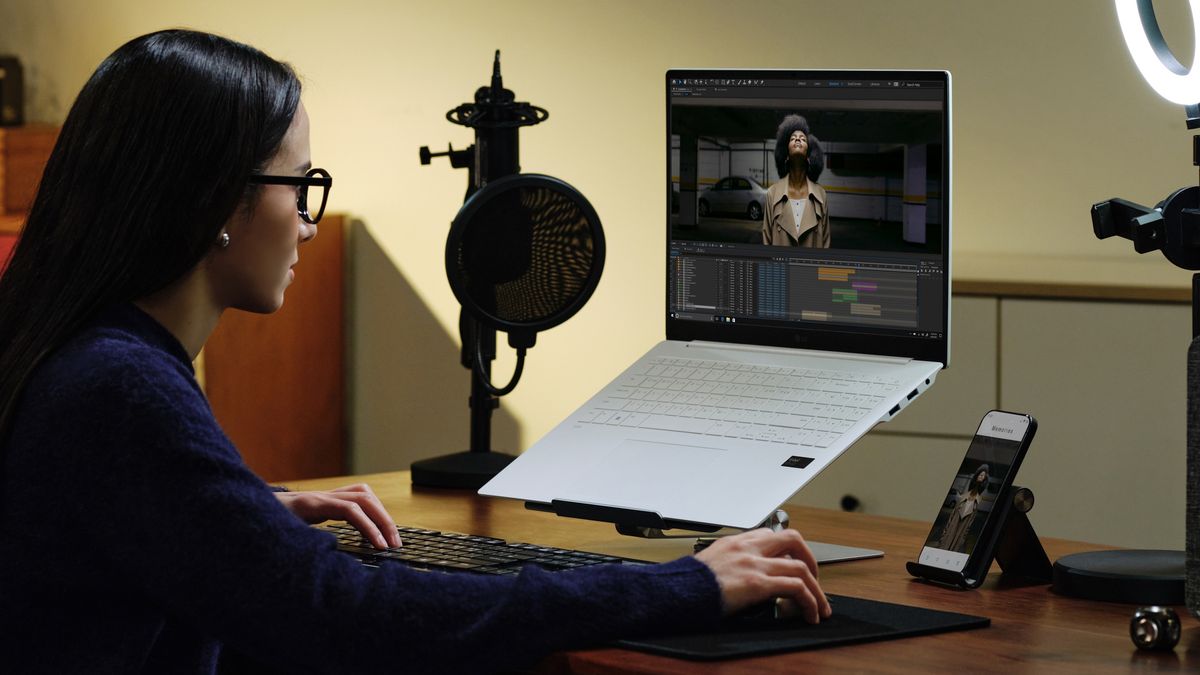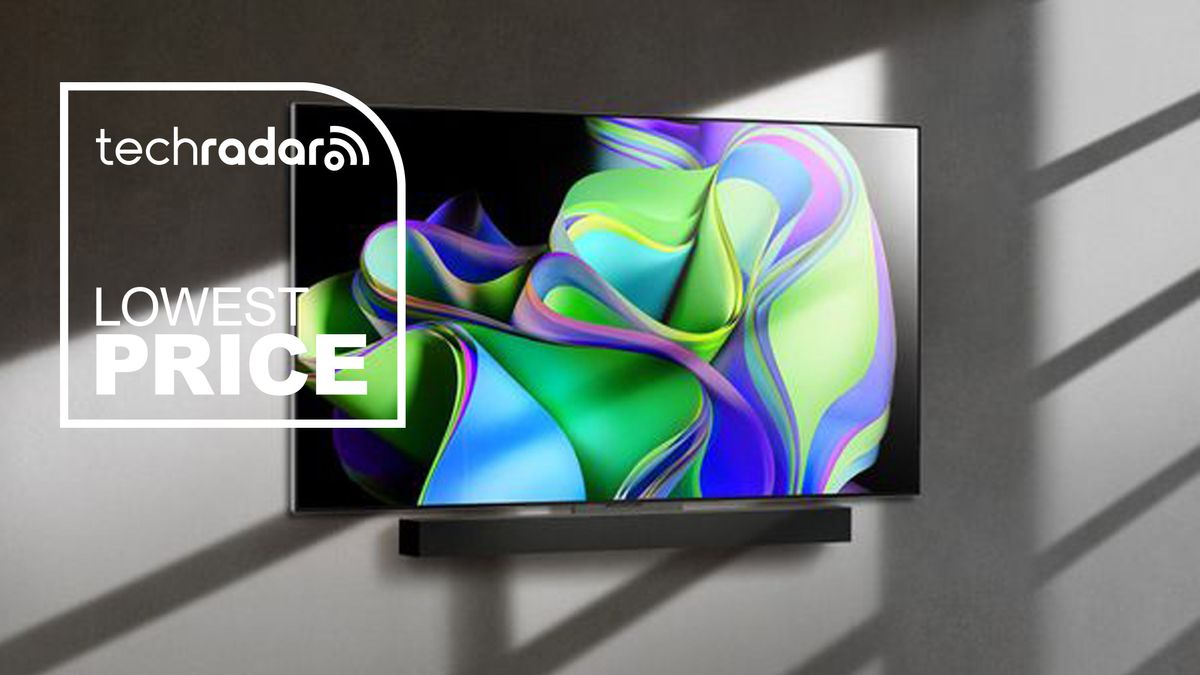ASMedia recently demonstrated its USB4 v2 physical layer (PHY) chips at Computex 2024, which will allow external SSDs to reach speeds of up to 15 GBps, which could match the performance of internal drives.
The USB4 version 2.0 specification, published by the USB Implementers Forum in October 2022, introduces several improvements over the previous version.
It incorporates the new PAM3 signal encoding format, which extends USB4 bandwidth from 40 Gbps to 80 Gbps for point-to-point connections and allows asymmetric speeds of 120 Gbps/40 Gbps.
FPGA-based USB4 dock
ASMedia's presentation at Computex, titled “Incredible Speed, Pushing the Limit,” covered USB4 and PCIe Gen5 technologies. The USB4 v2 presentation showcased 80Gbps and 120Gbps physical layers, which are capable of dramatically improving the speed at which large data files and high-resolution videos can be transferred. USB4 backward compatibility also ensures seamless integration with existing USB devices.
The PCIe 5.0 PHY chip that will be showcased at the same event is designed for the demanding needs of high-performance computing, big data and, of course, artificial intelligence servers. It is set to offer faster transmission speeds, reduced latency, and support for a wider range of high-performance devices. However, the details about this chip are alarming at the moment.
Looking to the future, the Taiwanese technology firm says so plans to test multi-lane PCIe Gen4 packet switches by the end of 2024. It will also introduce an FPGA-based USB4 dock at CES 2025.
Designed for multifunctional workstations, this future dock promises transmission speeds of up to 40 Gbps and power delivery of up to 240 W. The dock will also offer the usual array of ports, including USB A and C, HDMI, DisplayPort, and Ethernet , which will allow for improved connectivity and charging capabilities for multiple devices.
Pricing and availability of these new products will be announced in due course.









